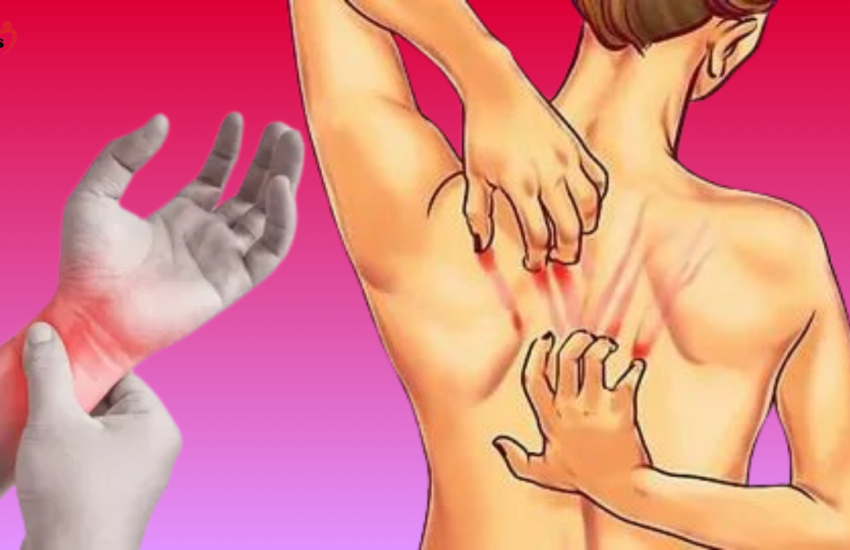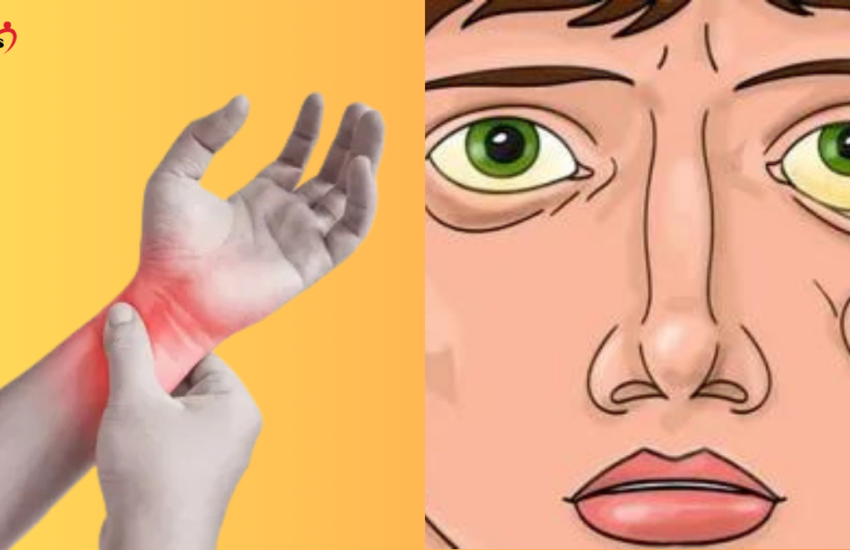10 Warning Signs of Liver Damage That Shouldn’t Be Ignored
The liver is a vital organ in the body, playing a key role in many important body functions such as filtering toxins, producing proteins, and regulating blood sugar levels. But when the liver is damaged or diseased, symptoms may not appear immediately, making it difficult to detect the problem early. There are several warning signs that can indicate that your liver may be in danger. Here are 10 of these signs that you should not ignore:
Yellowing of the skin and eyes (jaundice)
Yellowing of the skin and eyes is a classic symptom of liver damage. This occurs when the liver is unable to process bilirubin, a yellow substance produced by the breakdown of red blood cells. A buildup of bilirubin in the body causes yellowing of the skin and eyes, and is a sign of a liver problem, such as hepatitis or cirrhosis.
Swelling of the abdomen (ascites)
When the liver begins to suffer severe damage, fluid may accumulate in the abdomen, leading to noticeable swelling. This is due to a lack of proteins produced by the liver, which play a role in maintaining fluid balance in the body.
Extreme fatigue and exhaustion
If you feel constantly tired and exhausted despite rest and good sleep, this may be an indication of liver damage. A damaged liver has difficulty performing its functions properly, which leads to the accumulation of toxins in the body and makes you feel constantly tired.
Nausea and loss of appetite
Liver damage can lead to a constant feeling of nausea and loss of appetite. The body cannot digest food properly if the liver is unable to perform its functions well. This leads to a feeling of fullness or nausea even after eating small amounts of food.
Changes in urine color
If you notice that the color of your urine has become dark or brown, this may be a sign that the liver is not working properly. This change occurs due to the accumulation of bilirubin in the body, which may indicate a problem with the liver, such as hepatitis or cirrhosis.
Light or clay-colored stool
A change in the color of stool, where it becomes pale or clay-like, is another sign of a problem with the liver. This is caused by the liver not being able to secrete enough bile, which affects the digestion of fats.
Persistent itching of the skin
When bilirubin builds up in the body as a result of liver damage, it can cause a persistent itchy feeling in the skin. This itching can become severe and annoying, and is often accompanied by dry skin.
Unusual bleeding or bruising
If you notice unexplained bleeding or easy bruising, it could be a sign that your liver is suffering from damage. The liver plays a role in producing proteins that help blood clot. If your liver is unable to perform this function, you become more prone to bleeding and bruising.
Changes in thinking or confusion (hepatic encephalopathy)
In severe liver damage, toxins can start to build up in the body and affect brain function. This can lead to confusion, forgetfulness, and poor concentration. In advanced cases, it can lead to unusual behavior or even coma.
Upper abdominal pain
If you feel pain or pressure in your upper abdomen, specifically on the right side where your liver is located, this may be a sign of hepatitis or cirrhosis. The pain may be intermittent or continuous, and may be accompanied by a feeling of bloating or discomfort.



